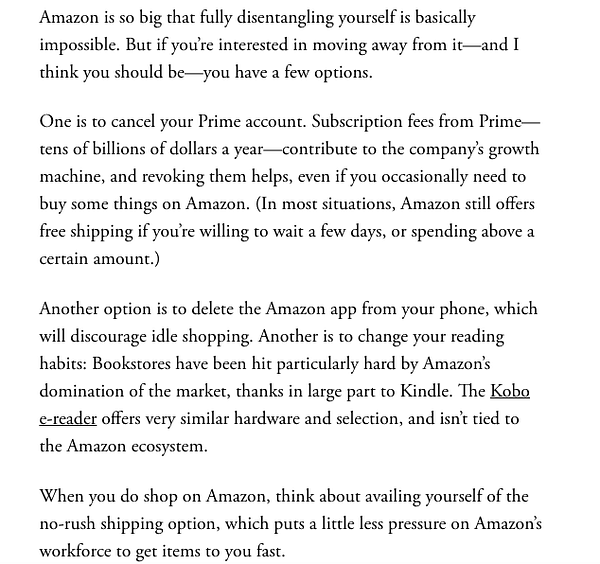The other night some friends and I started reminiscing about couchsurfing.com. A website that predated AirBnB, couch surfing connected travelers with people willing to offer up their space. The compensation? A sense of hospitality and connection. I did it a few times, inviting world travelers to sleep on my floor, and staying with generous strangers.
A similar ethos fueled the early days of AirBnB. Once the host with the most, AirBnB was brimming with optimism about a world without borders, where people could afford a bit more home by renting out lovingly decorated guest bedrooms to happy travelers.
Then things shifted. Greed overtook the conviviality that once was a signature of home sharing. Developers bought up apartment units to make money off of travelers at the expense of local renters. Housing prices and rents rose. Neighborhoods changed. People shouted at city council meetings. Regulations were made. But this wasn’t enough to dissuade travelers.
Then COVID happened. Travelers cancelled in droves, and AirBnB came out in support of hosts who lost their revenue streams. Cleaning fees got exorbitant. Customer service started to be dismissive of guests.
Bloomberg recently published a well-researched exposé of AirBnB’s massive PR “black box” that covers up crimes—their tweet about it got about 50 likes. Twitter’s full of complaints about guests who have been miffed by AirBnB’s treatment of them—this one has over 200,000 likes.
It’s not the danger, nor the impact on the housing prices, nor the decline of city life that has people fleeing AirBnB. It’s the fees, inconvenience the lack of service that has users talking about swinging back to hotels.
Uber’s never been America’s sweetheart.
It’s gone through the ringer on scandals—harassment, worker mistreatment, crimes against customers. But it was convenient. An app click away. Better than calling a cab, or flagging one down on the NYC streets. And it grew and grew and grew. Like AirBnB, Uber became a verb, so intrinsic to the way we travel that it’s become part of our vernacular.
But like many industries, the ride-share industry has faced a shortage of drivers. What used to be a 3 minute wait has turned to 30. A colleague told me about waiting two and half hours for an Uber, watching his rides cancel over and over again as the hour crept past midnight, then one am, then two. Fees have skyrocketed, and once again, cost and convenience are causing behavior change.

Convenience > Compassion
The world has very quickly gained trust in these companies to manage so much of our lives. They’ve built the trust on convenience and cost above all. If we look at Amazon, for example, it’s built its entire model on making it incredibly easy for us to spend money. Customer-centric, they call it. So in spite of heaps of terrible press—Bezos’s taxes, worker conditions, the demise of small business—people are hooked. We even talk about it in addiction terms, like ‘cold turkey.’


In spite of all the scandals and harm these companies cause, we’re addicted to the cost and convenience. It’s a truism that it takes many consistent actions to build trust and only one action to break it. These businesses will persist as the convenience they offer outweighs our collective moral compass.
Only when we’re faced with challenges to convenience do we start to change our behavior. But each time we’re faced with a fee or an inconvenience and we shift our behavior, it offers us an opportunity to rethink our actions, and some space to create new behaviors that align with our values.
Now for some joy courtesy of Pride :
Lil Nas X channels ancient Egypt and makes out on stage at the BET awards
Miley Cyrus channels Madonna at her Pride concert in Nashville
Madonna channels herself as she crashes a Pride party at the Boom Boom Room in NY
If you like this please share and subscribe. Preciate-cha!






